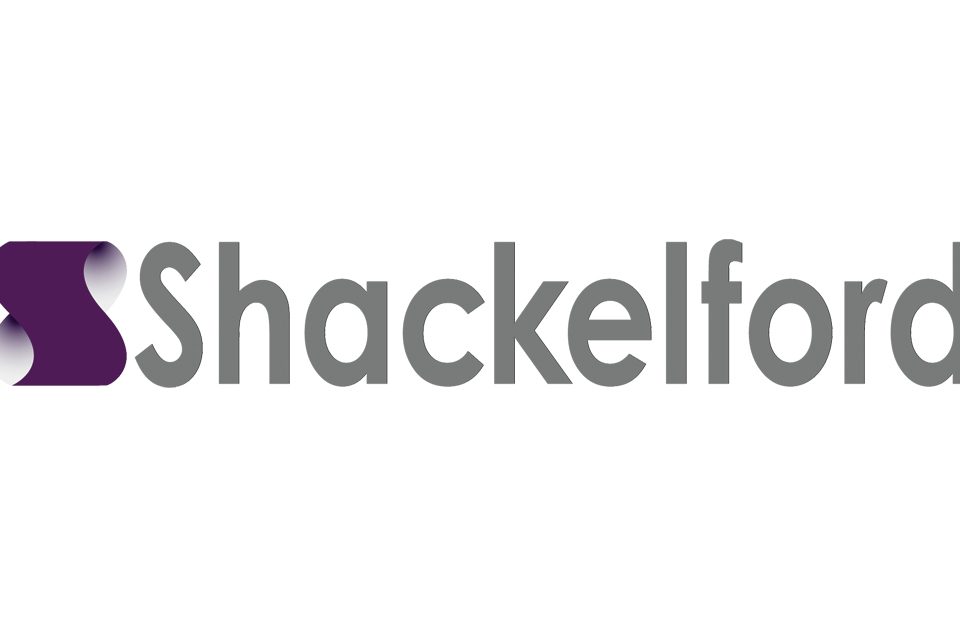In a recent civil penalty decision, the FAA Administrator determined that an administrative law judge’s (“ALJ”) dismissal of the FAA’s case with prejudice, after the FAA withdrew its complaint, did not make the accused air carrier a “prevailing party” for the purposes of the Equal Access to Justice Act (“EAJA”). Before we talk about the case, a brief EAJA refresher is in order.
The EAJA is found at 5 U.S.C. 504 and is implemented in 49 CFR 826. According to 49 CFR 826.1, “The Equal Access to Justice Act, 5 U.S.C. 504 (the Act), provides for the award of attorney fees and other expenses to eligible individuals and entities who are parties to certain administrative proceedings (adversary adjudications) before the National Transportation Safety Board (Board). An eligible party may receive an award when it prevails over the Federal Aviation Administration (FAA), unless the Government agency’s position in the proceeding was substantially justified or special circumstances make an award unjust.” In order to determine whether EAJA fees are available, the key inquiries for an “applicant” (a certificate holder or target of a civil penalty action who is applying for an award of fees) are: (1) Is the Applicant a “prevailing party”? (2) Was the Applicant involved in an “adversary adjudication”? (3) Was the FAA’s position “substantially justified”? and (4) Were the fees actually “incurred” by the Applicant?
In the case of In the Matter of: Green Aviation Management Co., LLC the FAA accused the air carrier of violating several FARs and sought a $33,000 civil penalty. However, before the hearing, the FAA withdrew its complaint and the ALJ dismissed the case with prejudice as required by 14 C.F.R. § 13.215. Green Air then applied for attorney’s fees under EAJA. However, the ALJ denied its application on the grounds that the FAA was substantially justified in pursuing its case against Green Air.
On appeal to the “FAA administrator,” yes, the same administrator responsible for the FAA, the Administrator initially observed that in order to be a “prevailing party”, the following elements must be present:
- there must be a court-ordered change in the legal relationship of the parties;
- the judgment must be in favor of the party seeking fees; and
- judicial relief must accompany the judicial pronouncement.
The Administrator determined that Green Air met some of the “prevailing party” requirements because the “order of dismissal with prejudice effected a material alteration of Green Air’s legal relationship with the FAA because if the FAA tried to bring the same claim in the future, Green Air could rely successfully on a res judicata defense” which would be enforceable against the FAA. However, the Administrator then concluded that Green Air was not a “prevailing party” because the ALJ’s dismissal, even though “with prejudice”, was not “judicially sanctioned” because the ALJ did not have any discretion and was required by Rule 13.215 to dismiss the case “with prejudice.” According to the Administrator, an ALJ’s “exercise of discretion” was required to give the dismissal with prejudice “the necessary ‘judicial imprimatur’ so that the order constituted a ‘judicially sanctioned change in the legal relationship of the parties'”.
Unfortunately, after this decision, if a respondent in a civil penalty action wants any shot at an EAJA award, the respondent will have to have a hearing, obtain a favorable decision and hope the FAA does not withdraw/dismiss its case before then. By placing procedure before substance, the Administrator has certainly made it more difficult to ensure that the FAA is justified in pursuing its civil penalty cases.
However, the issue of whether a respondent in a certificate action, rather than a civil penalty action, can be a “prevailing party” when an ALJ dismisses a case with prejudice after the FAA withdraws its complaint remains undecided. NTSB Rule of Practice Part 821, which governs certificate actions, does not contain a provision similar to 14 C.F.R. § 13.215. As a result, it could be possible for a respondent to be a “prevailing party” under similar circumstances in a certificate action if the ALJ, presumably using his discretion since he is not otherwise bound by rule, dismisses the case with prejudice. Unfortunately, we will have to wait for the right case to see how this issue is decided.



